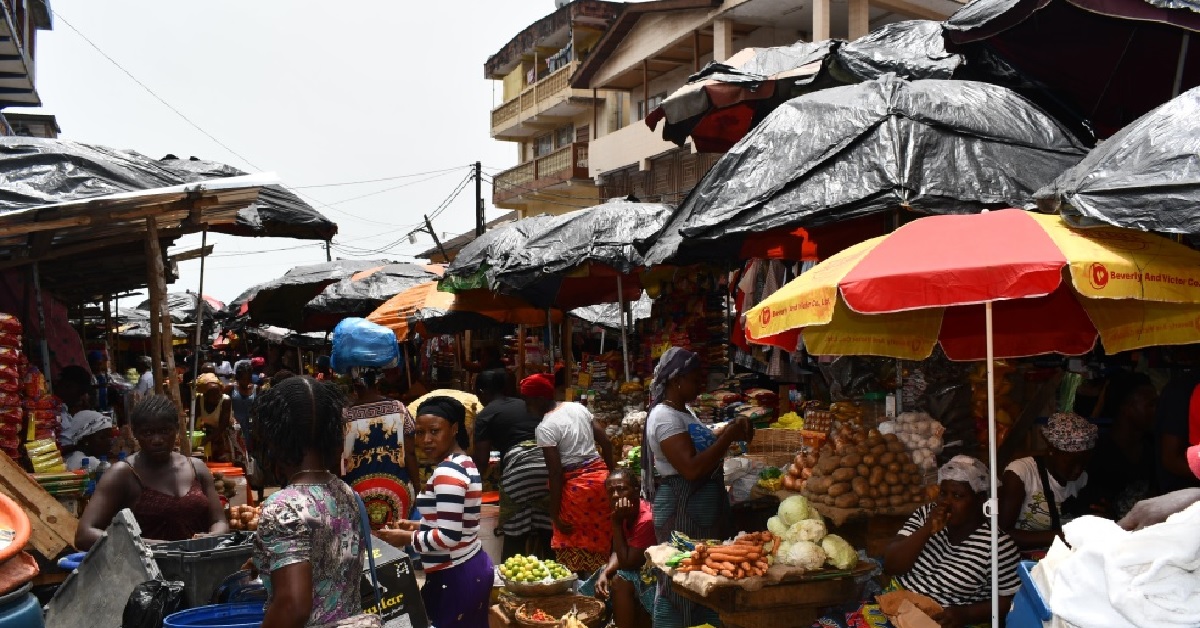Sierra Leone, a West African country. is facing economic challenges that have translated to high prices on basic commodities. Due to inflation and currency devaluation, Citizens struggle to afford food, fuel, and other basic necessities. The situation has caused a considerable burden on the people, and the government is struggling to find solutions.
One of the primary reasons behind the rising prices of basic commodities in Sierra Leone is the country’s weak economy. Sierra Leone has been recovering from the impacts of a long civil war that ended in 2002. The Ebola virus outbreak hit the country in 2014 which had a significant impact on its economic growth.
As a result, the economy has been unstable, leading to inflation and currency devaluation. COVID-19 has impacted every facet of the Sierra Leone economy. It has left a devastating impact on the tourism sector in Sierra Leone, with major consequences for jobs and livelihoods, the sustainability of businesses. government proceeds, and even the informal economy.
Another important reason for the high prices of basic commodities is the country’s dependence on imports.
Sierra Leone is heavily reliant on imports for food, fuel, and other basic commodities. The country’s agricultural sector is not strong enough to meet the demand for food, forcing the government to rely on imports. The country has poor infrastructure, which makes it challenging to transport food and other basic commodities from rural areas to urban areas, resulting in high transport costs.
The impact of the rising prices of basic commodities on the people of Sierra Leone has been devastating. Many families cannot afford to buy enough food. leading to malnutrition and other health problems. The cost of cooking fuel has also skyrocketed, leading to families cutting back on their use of energy, including the use of firewood and charcoal, leading to an increased risk of respiratory illnesses.
The cost of medical care has also risen, with many healthcare facilities increasing their charges, making medical care unaffordable for many families. The situation has also impacted education, with many children dropping out of school because their parents cannot afford to pay for fees and other educational costs.
The government of Sierra Leone has been taking steps to address the situation. One of the measures includes the reduction of import taxes on essential commodities such as rice and wheat flour. The government has also introduced a currency swap agreement with China to help reduce the pressure on the local currency and increase foreign reserves.
These measures are not enough to address the issue and more needs to be done.
The rising prices of basic commodities in Sierra Leone are a reflection of the country’s weak economy, high dependence on imports, and poor infrastructure. The situation has caused significant challenges for the people, and the government needs to take further action to address the issue.
Steps such as investing in the agricultural sector, improving infrastructure, and developing local industries could help reduce the country’s dependence on imports and improve economic growth, resulting in lower prices for basic commodities for all citizens.


 1 Comment
1 Comment









Comment(s)
Disclaimer: Comments expressed here do not reflect the opinions of Sierraloaded or any employee thereof.